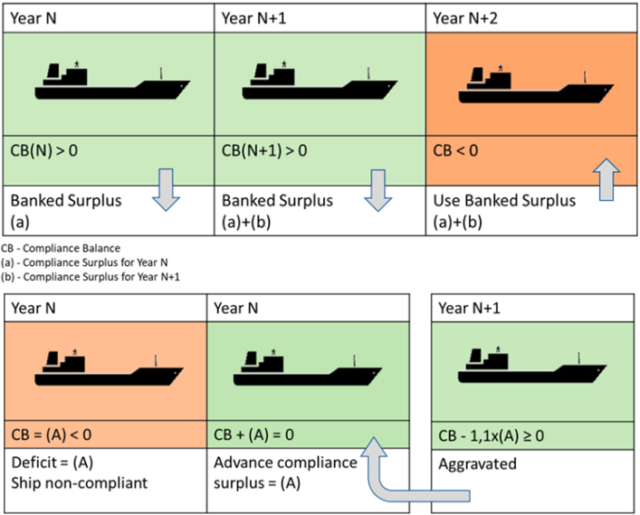
The FuelEU Maritime Regulation is set to launch on August 31, requiring companies to submit monitoring plans ahead of its full implementation in January 2025. With modest initial targets and sophisticated compliance mechanisms like banking, borrowing, and pooling, the scheme offers flexibility while driving innovation in sustainable maritime technologies. The scheme also offers extra incentives for companies to proactively embrace Renewable Fuels of Non-Biological Origin (RFNBOs), before mandates enter into force next decade.


